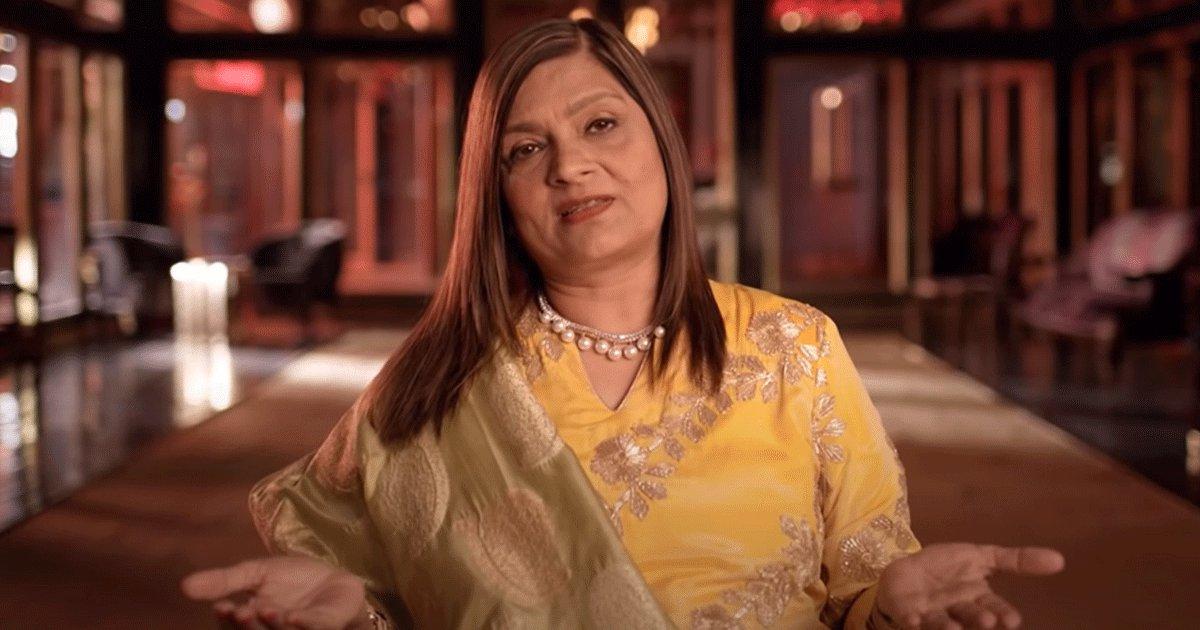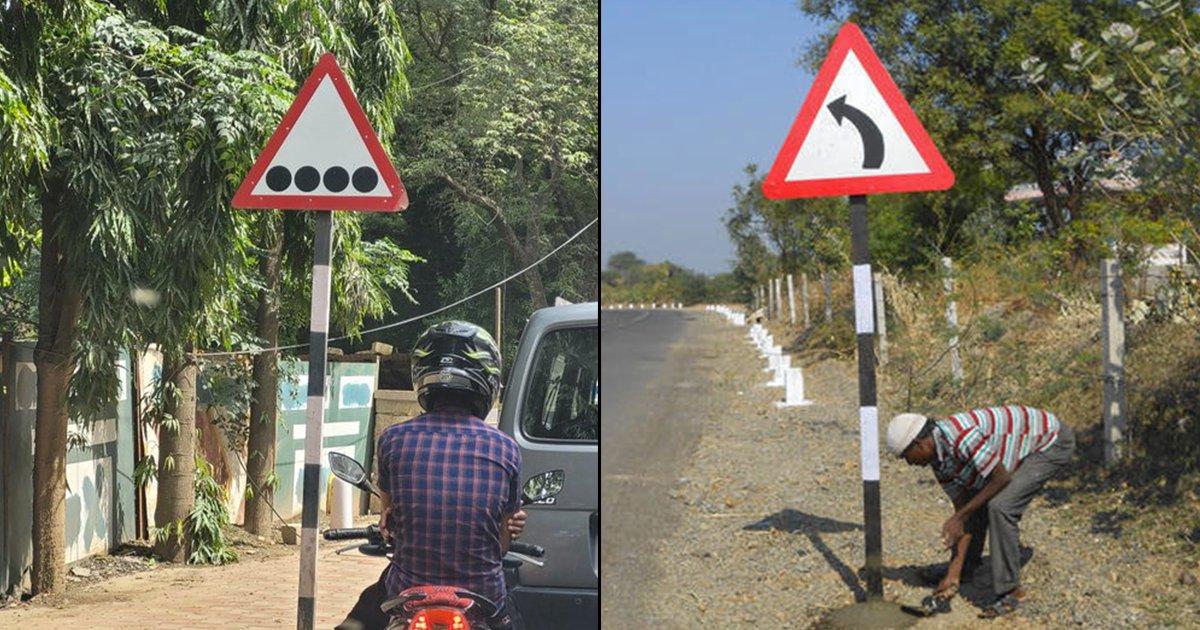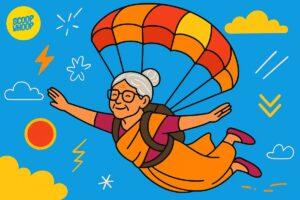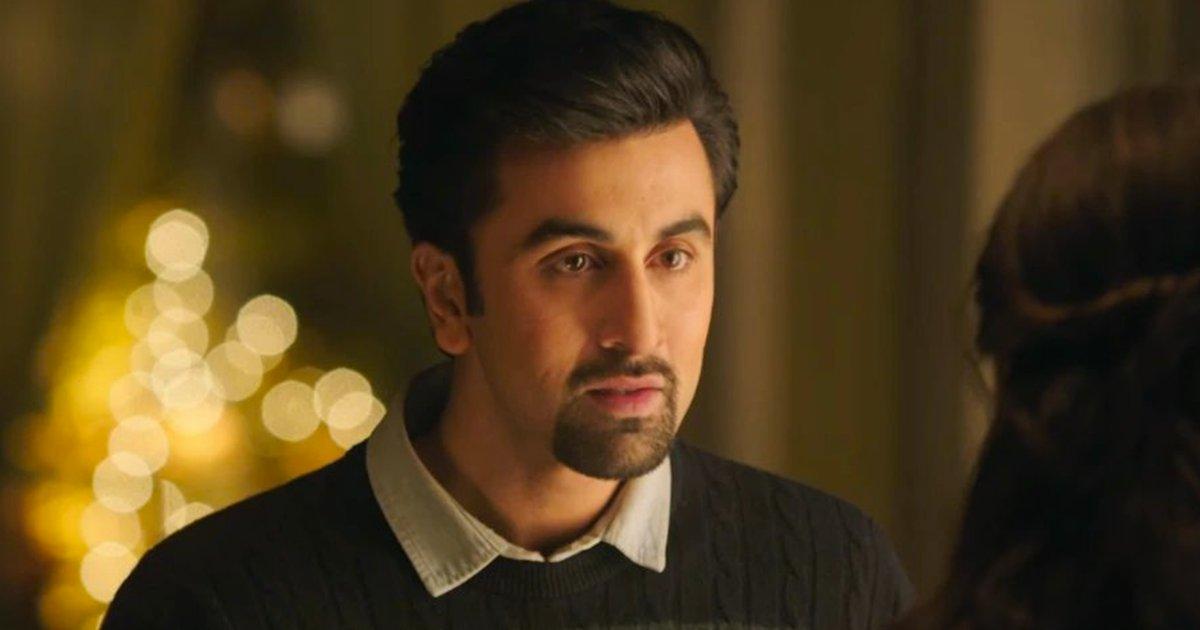Advertisement /23145333444/ScoopWhoop-Desktop/SW-Desktop-Home-OOP
ADVERTISEMENT
stories
Entertainment
Fans thrilled as legendary composers A R Rahman, Hans Zimmer pose for a selfie
in about 4 hours | 2 min read
Entertainment
Witness the Man of Masses like never before Naga Vamsi about NTR in War 2
in about 3 hours | 2 min read
Bollywood
Saif Ali Khan loses Rs 15,000 crore inheritance battle as court upholds enemy property status
in about 3 hours | 3 min read
Cricket
Ravi Shastri makes a bold prediction as 14-year-old Vaibhav Suryavanshi smashes records!
in about 2 hours | 3 min read
Sports
Player Ratings: Real Madrid 3 – 2 Borussia Dortmund, Club World Cup 2025
in about 2 hours | 3 min read
ADVERTISEMENT
Sports
Etched in history: Blue Tigresses secure AFC Women’s Asian Cup qualification for the first time
in about 1 hour | 3 min read
Sports
Gold for all-rounder Neeraj Chopra as Bengaluru enjoys and elevates javelin party
in 42 minutes | 3 min read
Cricket
IND vs ENG 2025: Historic Test Heroics! All the records Shubman Gill set at Edgbaston
in 26 minutes | 3 min read
ADVERTISEMENT
ADVERTISEMENT
Entertainment
‘Squid Game Season 3’ clocks 60 million views; breaks Netflix record
4 days ago | 3 min read
ADVERTISEMENT
Entertainment
K-pop supergroup BTS promises a new album and a world tour next year
4 days ago | 3 min read
Automobiles
Ola, Uber get government okay for surge pricing, can charge double the base fare
4 days ago | 3 min read
Sports
Al Hilal beat Manchester City 4-3 to enter Club World Cup quarterfinals
5 days ago | 2 min read
ADVERTISEMENT
ADVERTISEMENT
Entertainment
Official: ‘Ramayana’ title glimpse release date, time, and venue revealed
5 days ago | 3 min read



























































